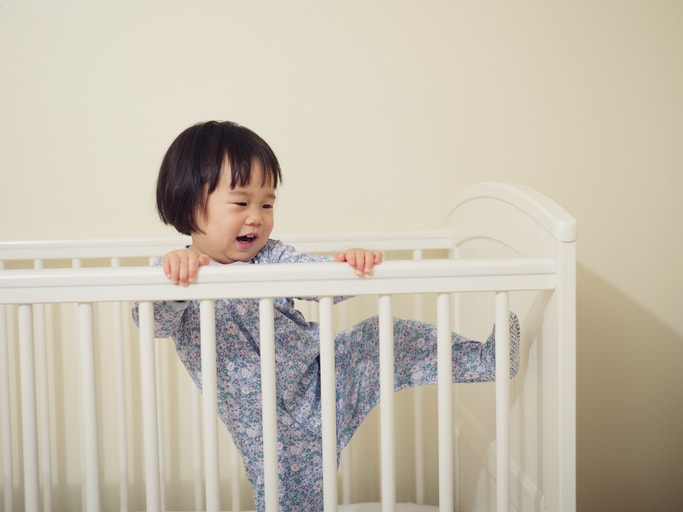A Mississippi mom has started an important conversation about teens and body image in response to a potentially body-shaming letter from a surprising source: the guidance counselors at her daughter’s middle school. Ashley Heun says her eighth grader was sent home with a note to parents about why teens girls suffer from negative body image. As a proposed solution to the problem, the counselors offered to send Heun’s daughter and other middle school girls free shapewear.
“This is what was sent home with my 8th grade daughter at Southaven Middle School,” Heun writes on Twitter. “All girls were sent home with this letter. I’m appalled at the fact that they are trying to fix ‘negative body image’ by sending home SHAPEWEAR!”
Heun’s tweet includes a photo of the letter, which explains that body image “often emerges as a desire to adhere to an ‘ideal’ body shape.” It also states that having a negative body image can impact mental health and self-esteem and that girls may be more likely than boys to have a negative body image because they “feel pressured to measure up to strict and unrealistic social and cultural beauty ideals.”
However, instead of teaching girls that they don’t need to adhere to unrealistic beauty standards, the school counselors offer to provide girls with “shapewear, bras and other health products if applicable.” The form includes space for parents to fill in their daughter’s size for a shapewear top and bottom, as well as their bra size.
“You begin this masterpiece detailing how damaging a negative body image is for girls, how the stress of conforming to an impossible perceived image can adversely affect their mental health, and then offer to give them Spanx so they can better fit the perceived image,” Heun adds in a separate post on Facebook. “How are you promoting a positive body image by saying, ‘Here, you’re too fat. You need shapewear to make you look thinner.’ Are you freaking kidding me?”
Heun’s social media posts have gotten national media attention and sparked a serious discussion on social media. On Twitter, many agree with the mom that offering young girls shapewear sends the wrong message about how young girls should feel about their bodies.
“Passing out shapewear doesn’t help with a positive body image,” one person writes. “It’s telling me I need to conform to YOUR view of a good body image.”
“How about no,” another person adds. “Tampons and pads in every bathroom might be a better option.”
Even a former teacher who says she once worked at Southaven Middle School calls the proposal damaging. “You have every right to be upset because it’s NOT how we should remedy body image issues,” she writes. “As someone who taught in the classroom for ten years (I even did my student teaching at SMS), I know firsthand how damaging this information can be.”
In addition to expressing her outrage on social media, Heun sent an email to the school’s principal, John Sartain. During a meeting with Heun, the principal apologized for the letter and said the program has been canceled in response to the backlash.
Not everyone sees the cancelation as a good thing. Some have criticized Heun’s decision to speak out and argued that low-income students may need access to the free products being offered.
“Good bras are $40 each,” one person writes on Twitter. “Have y’all ever thought a child in one of the poorest states in the country might not be able to afford a good bra, so instead of singling the girl(s) out, counselors offered one to everyone? Why couldn’t you just decline and leave more bras for the others?”
In an update on Facebook, Heun says the school will still be providing free bras, underwear and other essential health items to students in need, even though the shapewear proposal was squashed. “I am 100% behind that,” she writes. “I don’t want any child to go without.”
Additionally, Heun said it was never her intention to badmouth her daughter’s school. Rather, she wanted to start a much-needed conversation about the messages tweens and teens get about their bodies and self image. The average age for the onset of juvenile eating disorders is 12.5 years, according to a 2021 report by the American Academy of Pediatrics. That means the messages kids receive about their bodies, even as early as middle school, are incredibly important.
“I hope parents are thinking about the messages their daughters (and sons) receive about body image and the pressures out there to be ‘perfect’,” Heun writes. “Raising a child, especially a teenager, is like walking a tightrope, trying to balance nurturing good self esteem and teaching personal responsibility … Bottom line is I never want any child to feel ‘less-than’ for their appearance. They are all perfect just the way they are.”



